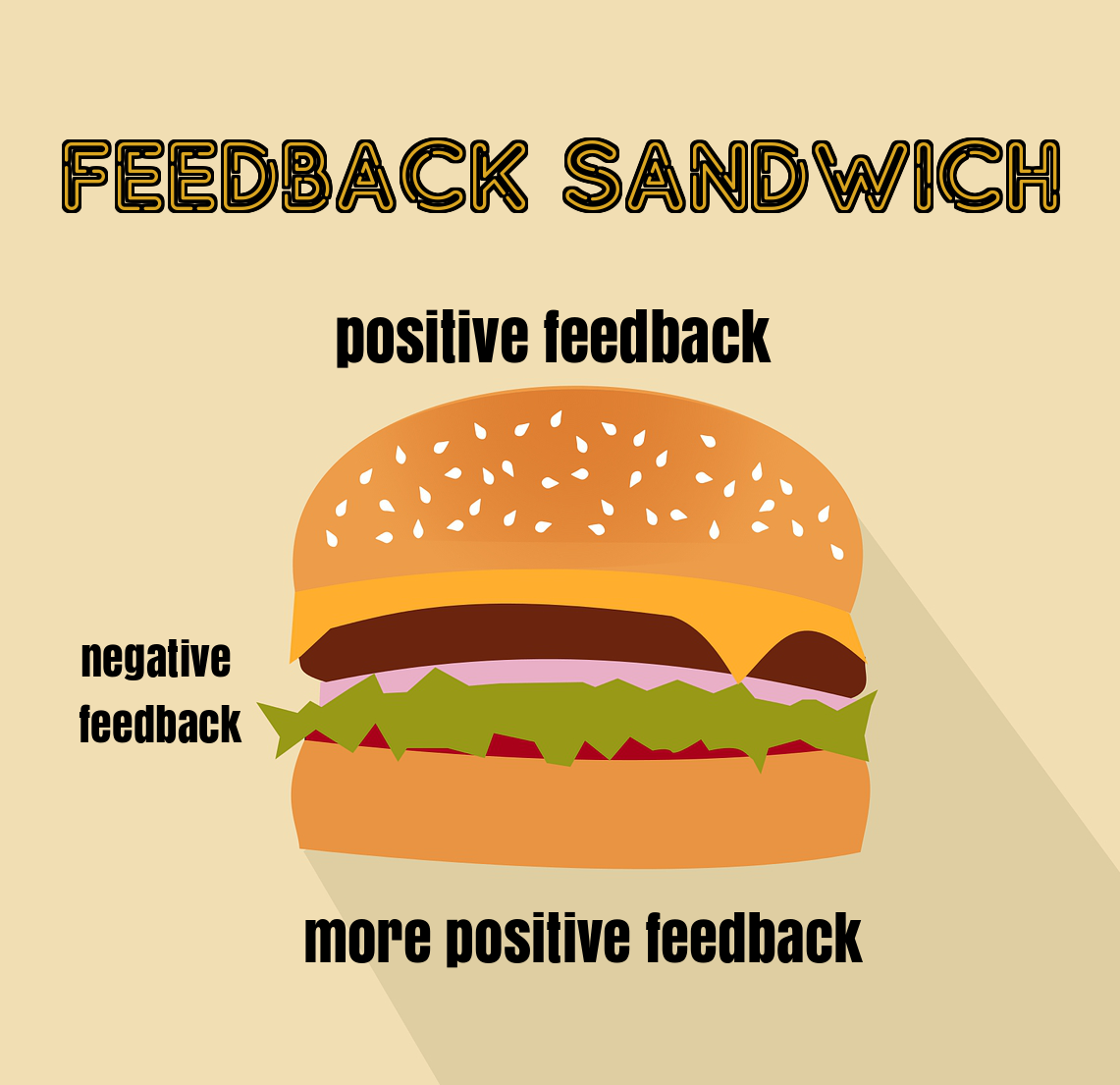DISADVANTAGES OF TEAMWORK IN THE ORGANIZATION

Many firms have switched from an individualistic approach to one that emphasizes teamwork in recent years. The ability to look at a problem from many angles, a higher chance of discovering errors, and the capacity to distribute the task among numerous people are some of the most evident advantages of collaboration. Although working in a team can be incredibly productive, there are certain drawbacks to this form of cooperation:
Longer Project Timelines
More coordination, work distribution, feedback, and general organization are required when a project is managed by a team. This may cause the project to take longer to complete, spend more money, and use more resources from the company.
Abusers
Some people prefer to delegate their tasks to others and avoid doing their jobs. This is not only ineffective, but it may also result in team unhappiness and low morale.
Personality Conflicts
Even if a team is well balanced in terms of the skill sets needed, personality conflicts may develop over time due to various communication or working methods or because team members unhealthily compete with one another.
People who work better independently
Some people are not suited to functioning in a team atmosphere and instead perform better working alone. Such persons may be misused as team members, and their presence may be detrimental to the other team members' morale and productivity.
Decreased innovation and lack of new ideas
Peer pressure may lead some employees to suppress their ideas for fear of "changing the situation" or undermining consensus. Team members may also be reluctant to share ideas for fear of being rejected by the other person.
Blame and responsibility
Team members point the finger at one another when anything goes wrong. Finding the source of the error within the team is significantly more challenging, particularly if there is disagreement among the team members regarding who is accountable for what.
Employee evaluation problems
It can be challenging for managers and supervisors to evaluate the relative strengths and limitations of individual team members because a team works as a unit and has shared accountability. For instance, if a team succeeds, it is unclear how and why it was able to accomplish its objective.
Interruption of communication and interactions
To function well as a team, communication abilities must be at a high level. In actuality, poor communication frequently results in inefficiency and a lack of confidence among team members.
Relying too much on meetings
Team meetings are crucial components of most projects since teams can only function effectively if members can properly interact with one another. The collaborative aspect of meetings, however, makes it easy for talks to generate more queries and issues.
factionalism
In addition to the conflicts that arise between people, teams can be divided into groups with two or more subgroups, each with its own agenda or position. factionalism can be caused by differences between people or different and shared opinions.
Team leadership issues
Team leaders have a special influence on whether a team succeeds or fails. An organization's entire team may become unsuccessful as a result of ineffective leadership. Additionally, team leaders may claim credit for work they did not perform, which enrages other team members whose efforts are not appreciated.




0 Comments